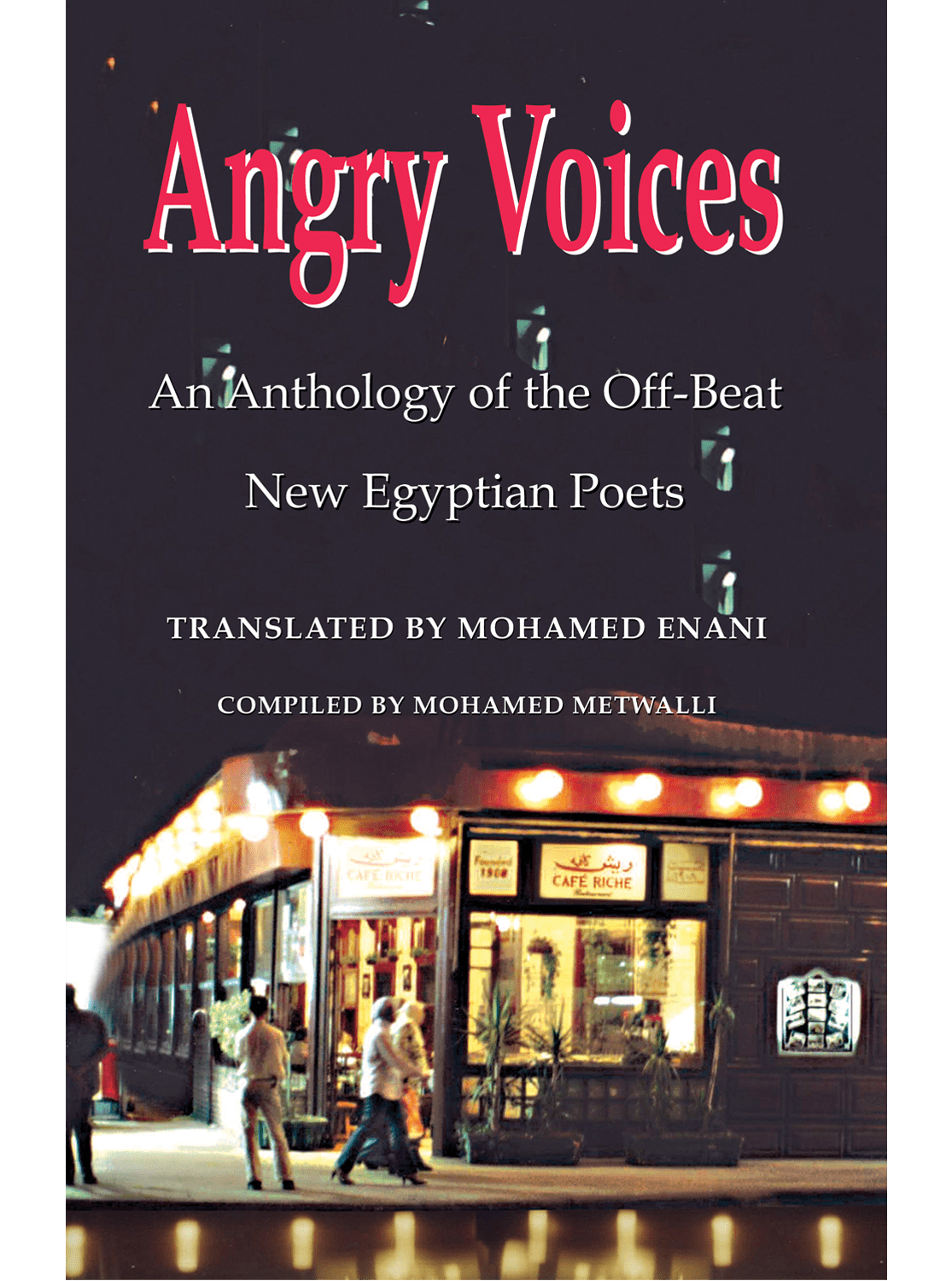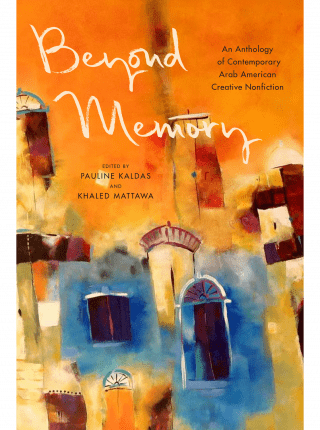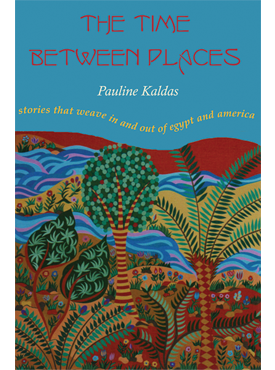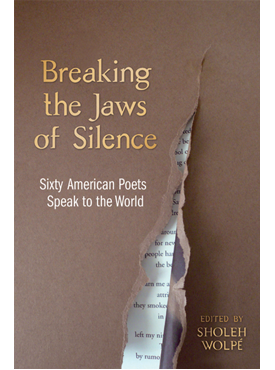“The voices in this collection are not ‘angry’ in the sense of being enraged. Rather I have dubbed them ‘angry’ in the sense of rebellion. In one way or another, each of these poets is rebelling against deeply entrenched customs—linguistic, metrical, formal, or social.”
—Mohamed Enani, from the Introduction
A new movement is emerging in Egyptian literature—urban in its energies; cosmopolitan in its national, Arabic, and western influences; and independent and rowdy in its voice. For centuries, Arabic literature mandated traditional, unchanging, highly structured language and forms. In the 1960s and 1970s, writers rebelled to write in a variety of vernaculars. Now, young Egyptian poets are inventing new ways of writing. Rejecting both traditional Arabic formalism and the vernacular rebellion—and, contradictorily, drawing equally on these traditions and others—they radically combine and recombine influences and bring new experiences into their poetry. They embrace experimentation.
Rejected at first by the literary establishment, these poets founded their own magazines, one of which appropriated a derisive term that had been used to dismiss them: Locusts. Now one of Egypt’s most honored translators and writers has joined with one of those Locusts to gather a selection of this postmodern writing in one place for the first time. With its edginess and play of styles, this collection showcases a dynamic, emergent scene.
Mohamed Enani is the founder and general editor of the State Publishing House’s translation series Contemporary Arabic Literature, which comprises over one hundred translations. He is the editor of both Sutour, an international literary magazine, and the Egyptian Theater magazine. He has been a professor of English and chair of the English department at Cairo University and is the recipient of many honors and awards.
Mohamed Metwalli, an editor and translator, is the co-founder and co-editor of Garad (Locusts) magazine.
“A superb and unprecedented translation of contemporary Arabic poetry from Egypt. This volume speaks to the contemporary Arabic cultural scene by juxtaposing poetries that have generated controversy—vernacular poems, prose poems, as well as new poems in the formal tongue—and by boldly, carefully, and elegantly presenting a range of poetry that has not always received warm welcome in its home territory.”
—Marilyn Booth, translator of Nawal Sadawi’s Memoirs from the Women’s Prison and author of May Her Likes Be Multiplied: Biography and Gender Politics in Egypt
“Enani’s invaluable introduction provides the reader with essential information on the classical Arab poetic tradition vis-à-vis its practitioners on the one hand, and those who seek to break with it on the other. Not only English-speaking readers but also native Arabs not deeply immersed in their literary heritage will gain new understanding of the conflict between old and new.”
—Dalia El-Shayal, Department of English, Cairo University
Acknowledgments
Mohamed Enani
Introduction
Zahrah Youssri
Why Are Seamen Always Miserable?
Mohab Nasr
“———————”
Mahmoud Sharaf
Dali
Behind the House
Ahmed Taha
A Tale
The Wall of Genesis
Childhood Wall
Anwar Kamel Celebrates Le Quatorze Juillet
Osama El-Dinasouri
If I Were a God
Mohamed Metwalli
Untitled
This Is How the Magician Produces a Dove out of the Hat
Ali Mansour
There Is Music Going Down the Stairs
We Must Be Assured That a Fine Poet Will Be Born, Even after Fifteen Years
Alaa Khalid
A Morning Window
A Relic
Aïda
Ahmed Yamani
Streets of Black and White
Aliyah Abdul-Salaam
In Front of the House
The Mermaid
A Bird Close to Old Houses
A Village Near a Church
Yasser Abdullatif
Archeology
Bahaa Awwad
Declining Sun
Youssef Rakha
Dust Storm
Youssri Hassaan
I Considered Myself
Magdy El-Gabry
A Child Hunting Tales
Mohamed Lasheen
Nearly Three Million Years Ago
Nightmares Fit to Arouse Misgivings
Eman Mersaal
Neutrality
Repetition
Too Many Times
A Portrait
Mas’oud Shouman
A Dance with Nothing On, with Nobody Around
Shehata El-Iryaan
Thermometer of Happiness
Ihab Khalifa
No Need to Discourage Dreams
Guirguis Shoukry
A Personal Portrait
A Good Man Talking to Himself
Meelaad Zakaria Youssef
The Sadder Man
Sadiq Sharshar
Charlie Chaplin
The Singer
Safaa Fathi
For Heiner Muller
Don Quixote and the Flour Mills
Haytham El-Shawwaf
Half a Lemon, Half a Cigarette, and Half a Desire to Have It Off
The Devil’s Symbol
Imad Fouad
Truth: I Have Five Fingers on Each Hand!
Maher Sabry
The Harem
Troy
Marionette
Fathi Abdullah
On the Declaration of Joy
Small Bodies That Cannot Be Heeded
Hoda Hussein
I Can Talk to Them




